We hope you are all doing well!
The films of SEE FF 2022 will be available for viewers from June 1 to June 6 CET, via our partners of
CINESQUARE film platform on this link :
https://cinesquare.net/onlinefestivals#/seefff/films
or
CLICK HERE
Sign in with:
Username:SEEFF
Pass:seeaparis
After you enter the Cinesquare platform, choose the films you want to watch from the menu:
FEATURE
DOCUMENTARY
SHORT
ANIMATION
Select the film you want to watch, and press on the picture or title.
If you are seeing "Cannot be watched" button, just wait few seconds or refresh the page.
Make sure you are watching the film from the beginning.
Almost all of the films have embedded English subtitles. In case you do not see subtitles, click on the CC button in the video player, and select subtitles.
Have fun!
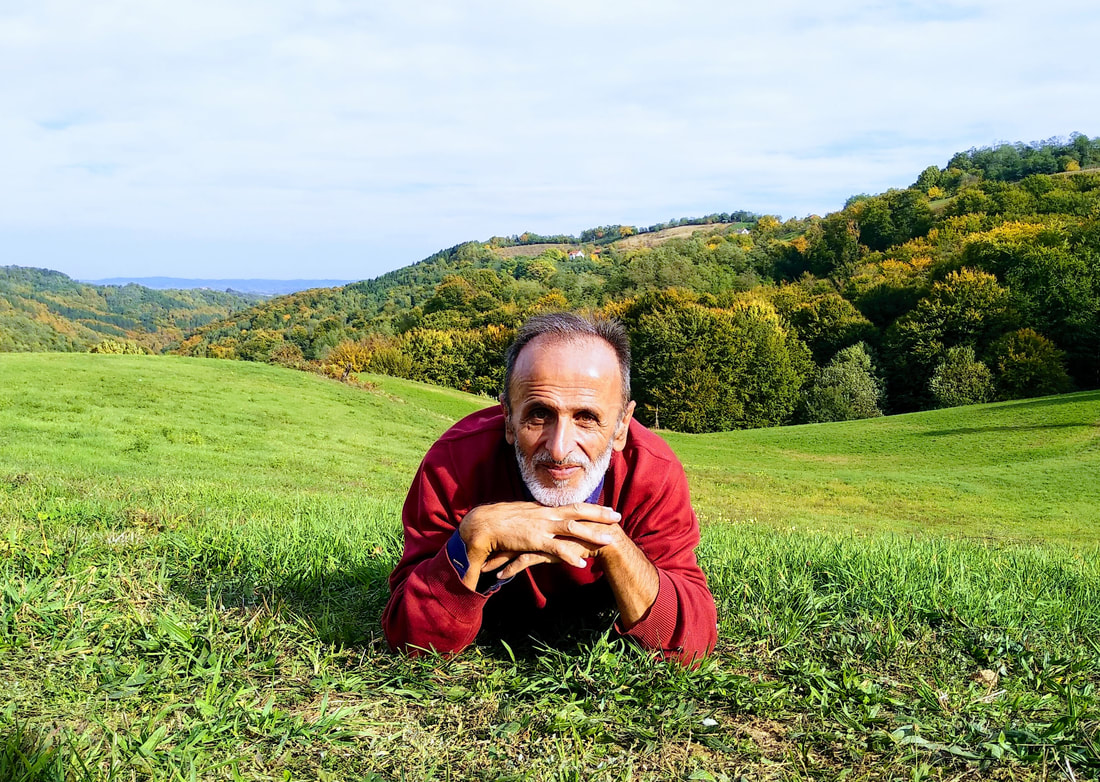
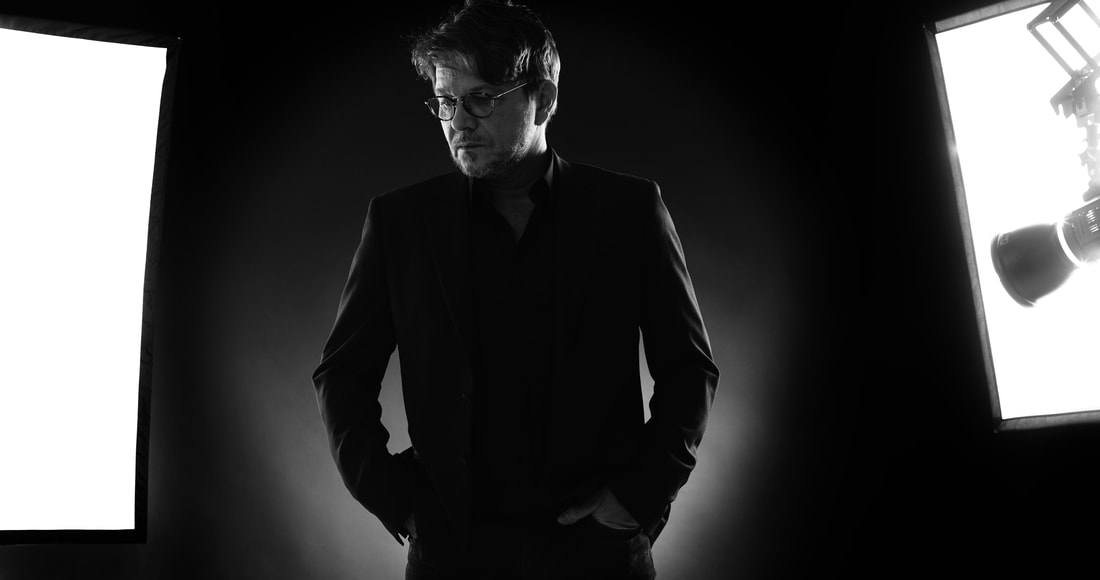
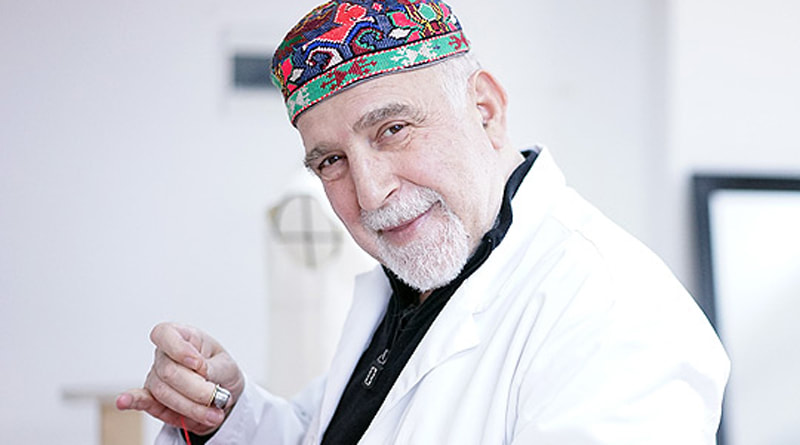
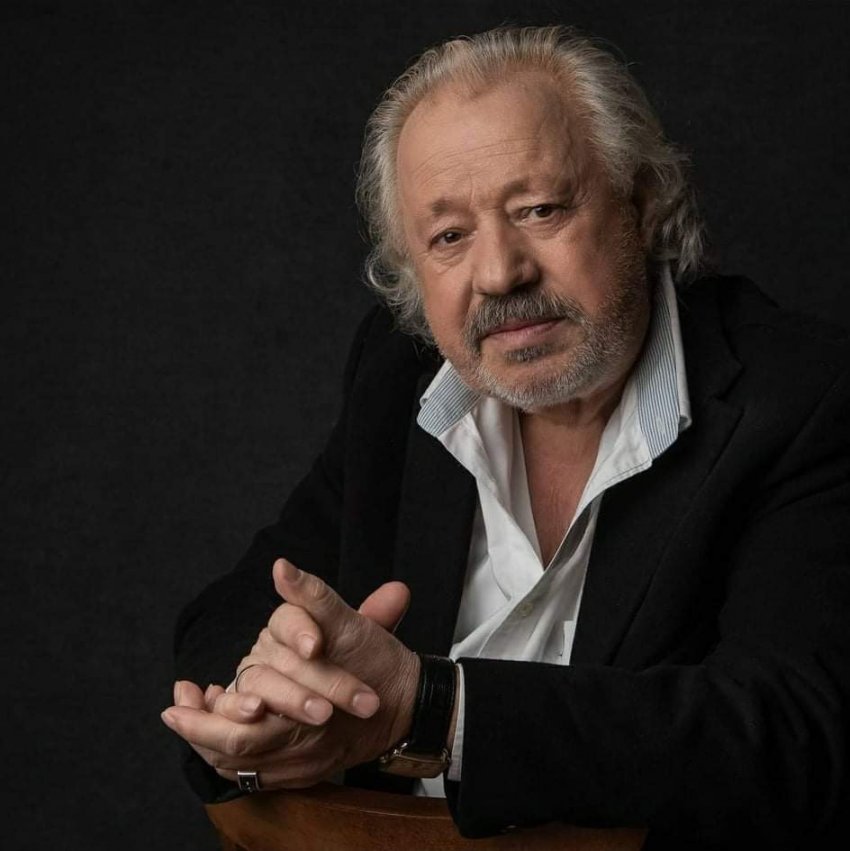
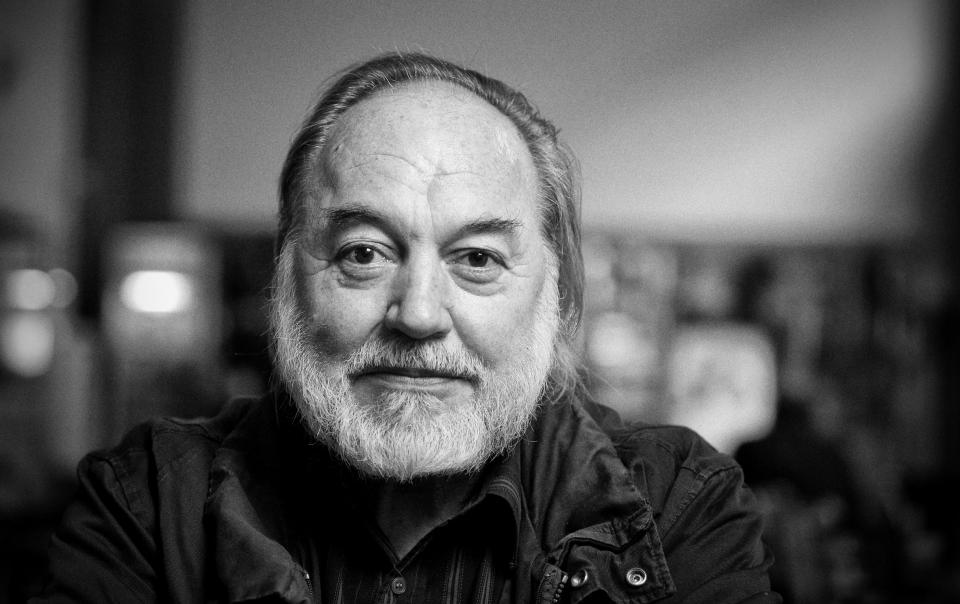
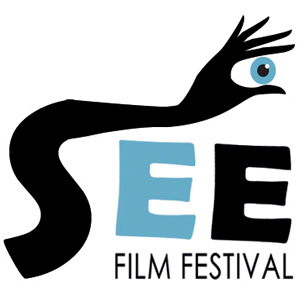
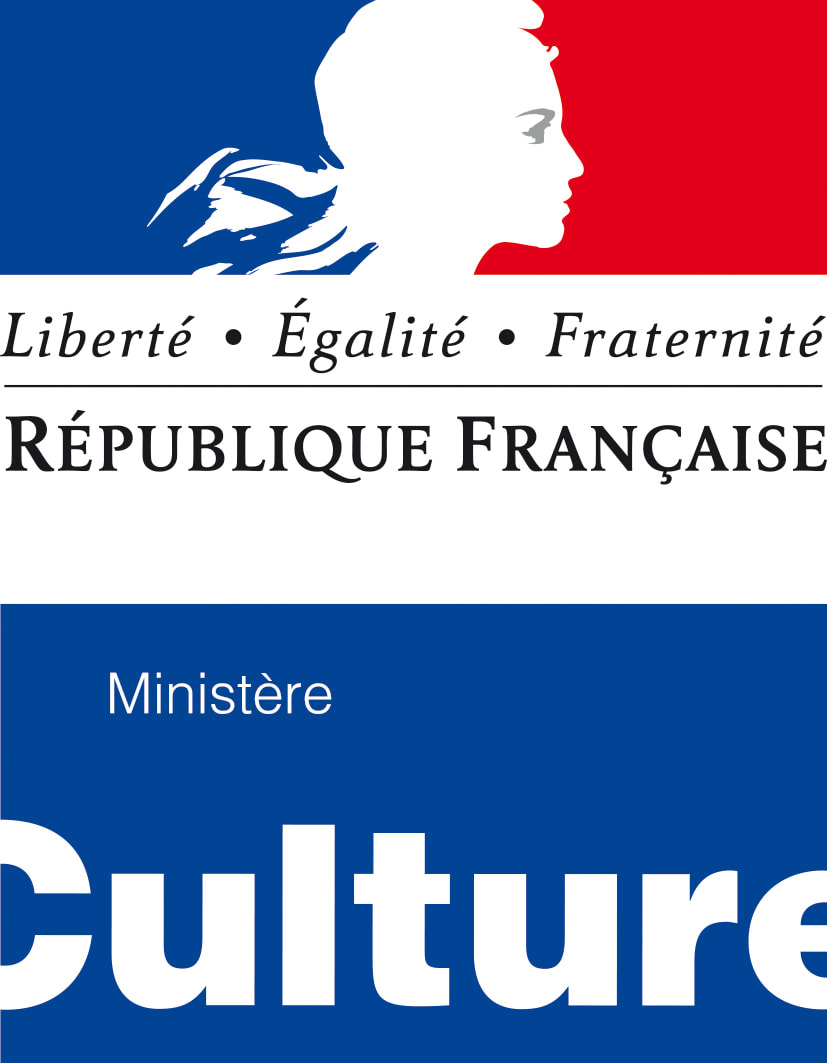
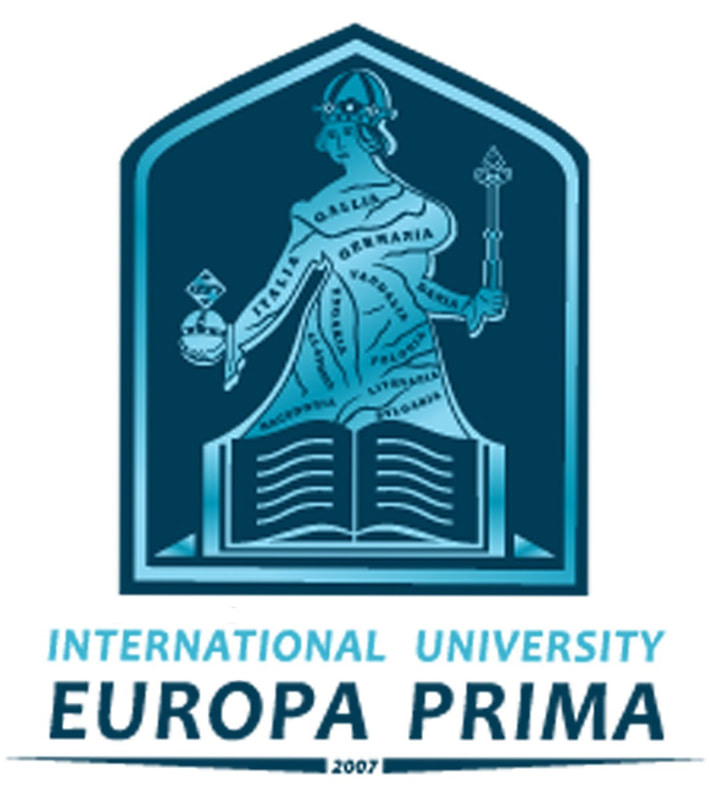
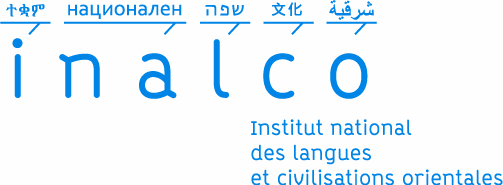


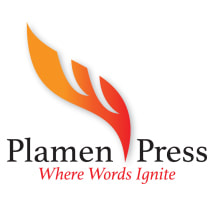


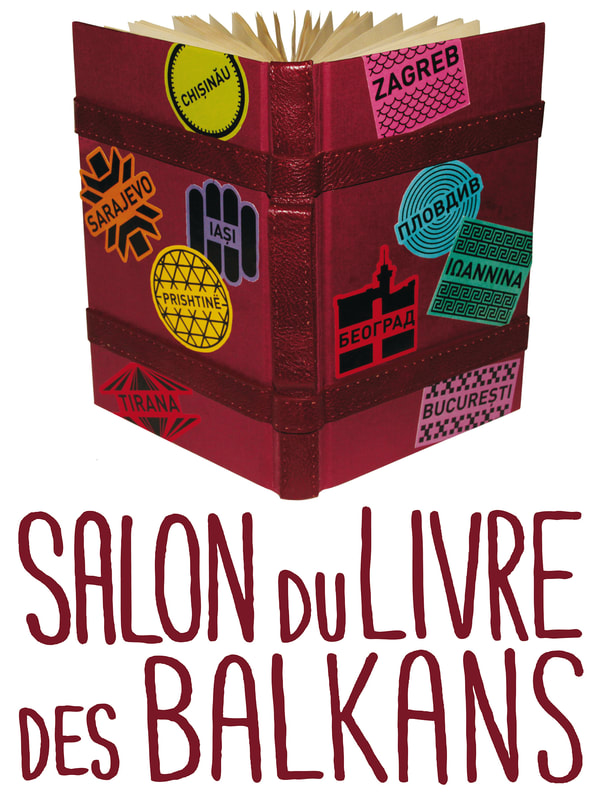
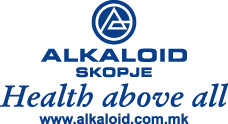
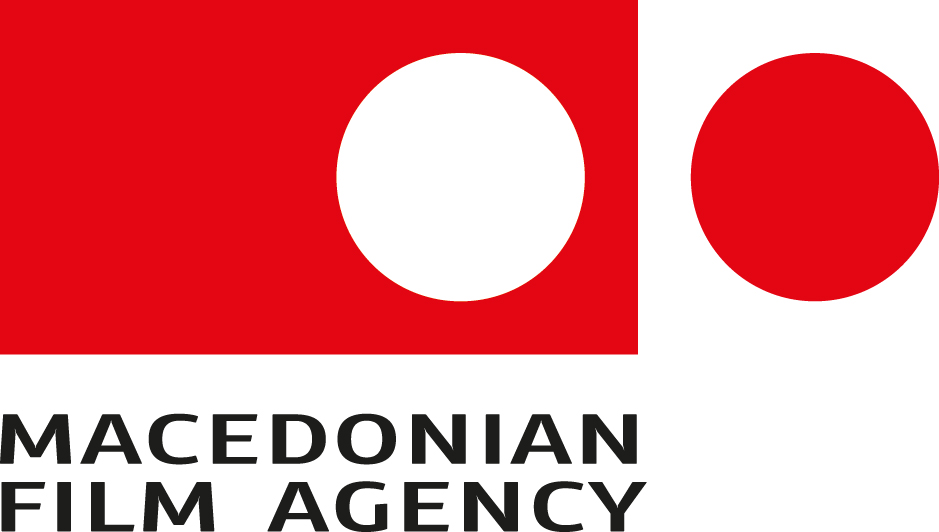
 RSS Feed
RSS Feed
